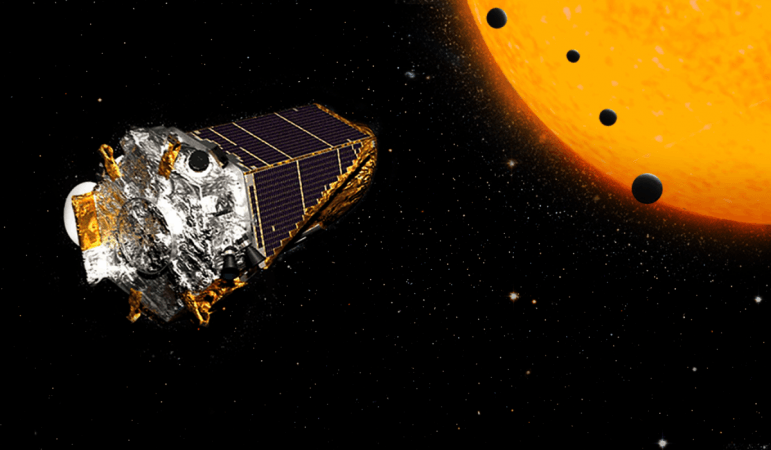
NASA has called for a press conference on December 14 to make a "major" announcement in its hunt for alien life. The exact details of the subject of the press conference have not been revealed, but the space agency said it will talk about the latest discovery made with its planet-hunting Kepler space telescope.
The agency said the media teleconference will be held on Thursday at 1 pm EST (1800 GMT) to talk about a discovery made by the Kepler space telescope, which was launched in March 2009 to search for alien worlds.
"The discovery was made by researchers using machine learning from Google. Machine learning is an approach to artificial intelligence, and demonstrates new ways of analysing Kepler data," the official media advisory of NASA read.
Reporters will be briefed by four participants:
Paul Hertz, director of NASA's Astrophysics division at the agency's headquarters in Washington, DC
Christopher Shallue, a senior software engineer at Google AI in Mountain View, California.
Andrew Vanderburg, astronomer and NASA Sagan postdoctoral fellow at The University of Texas at Austin.
Jessie Dotson, Kepler project scientist at NASA's Ames Research Center in Moffett Field, California.
Where to watch it live online
NASA has also provided the live-streaming link to the press conference. Follow NASA Live to watch the event live online. Space.com will also live-stream the event on Thursday.
Kepler space telescope
NASA launched Kepler on March 6, 2009 for a three-and-a-half-year mission to find evidence of Earth-like planets. The spacecraft, which completed its prime mission in 2012, has so far discovered 2,337 confirmed exoplanets and 4,496 candidate exoplanets.
"Thanks to Kepler's treasure trove of discoveries, astronomers now believe there may be at least one planet orbiting every star in the sky," the press release states.








